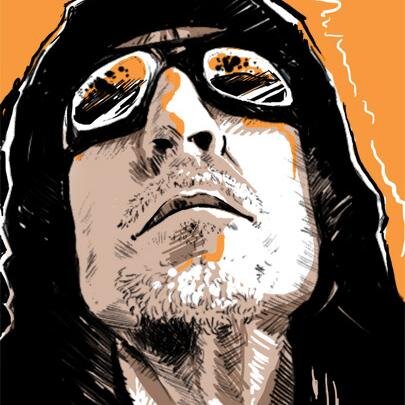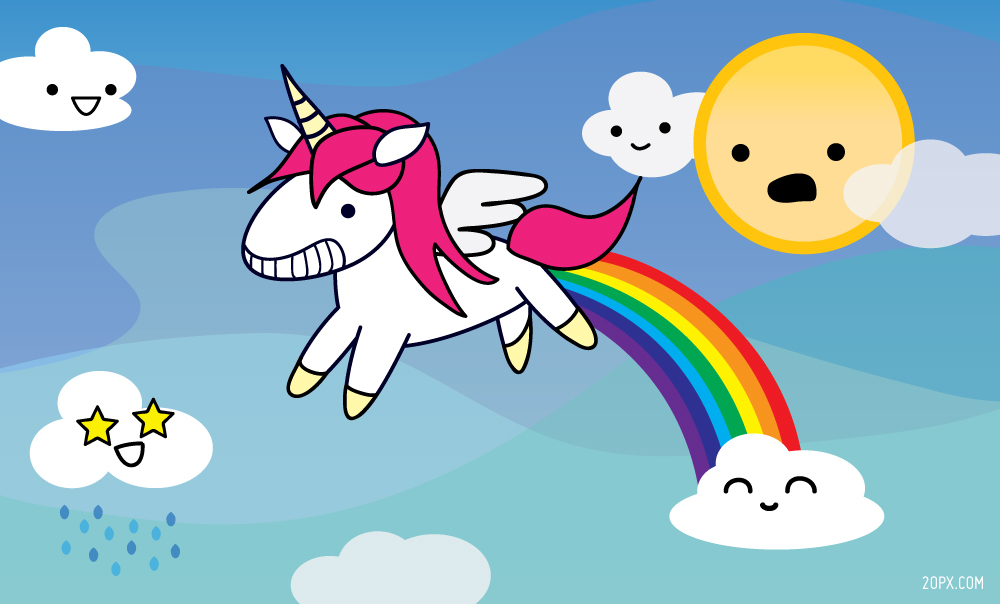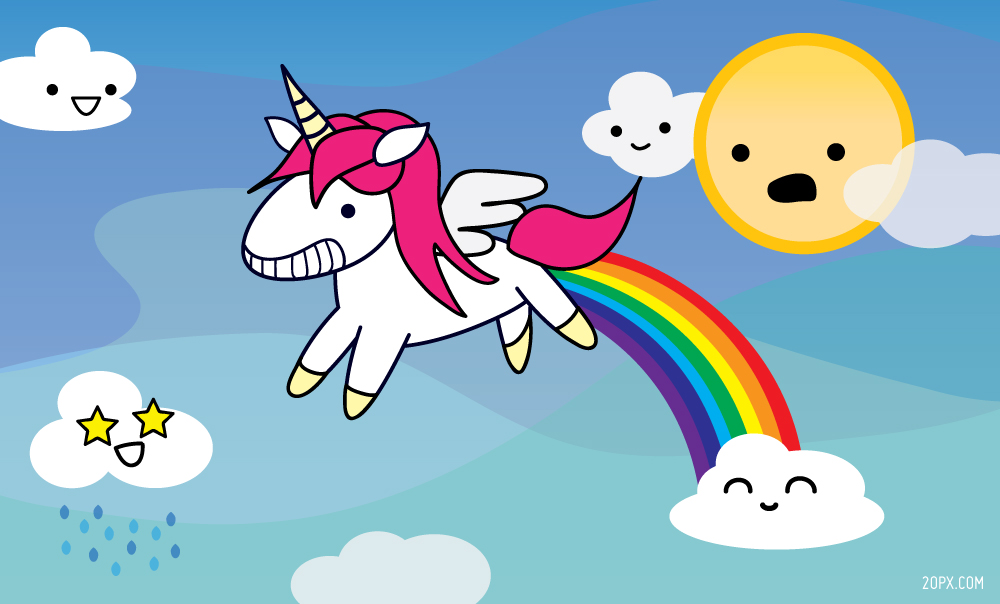I sucked at a lot of things as a kid, but I could draw. It was the one thing that always got me compliments from people who otherwise ridiculed me.
Those drawings were an exercise in emotion. There were pictures of my favorite rock stars, recreated scenes from my favorite movies (particularly the violent ones) and doodles that captured my frustration during school and periods of depression. A good example of that is the Paul Revere Owl of Rage I wrote about a while back.
Writing eventually replaced drawing, though I’ve maintained a life-long appreciation for art that captures emotion. Which brings me to Eddie Mize, also known as EddieTheYeti.
Mood music:
http://youtu.be/xQvuZvrH0Yw
Eddie is a master at capturing the human element. His latest works, “Faces of Defcon,” are a prime example. He made these images from ink, lime juice, soy sauce, wine, coffee, tea, pencil, acrylic, and water. I know many of the people he captures. They are hackers and other security practitioners who have a burning intensity for their profession. They throw their souls into the work, and you can see it in their eyes.
Eddie has done a lot of rock ‘n’ roll artwork as well, and you can see the influence in his security professionals work.
Much has been written about Eddie’s history with bipolar disorder and depression. He’s been an outspoken advocate for art as a powerful mental health tool.
In a 2010 article on the Mood Letter website, he explains:
My acrylic work is usually the result of mania; the digital darker art is usually created during my depressive phases. People who know me know how I’m doing by the qualities in the work.
Music, art and writing have been critical tools in my own effort to manage mental health, and I appreciate the hell out of people who share their work publicly, where it can then help other people climb out of whatever mental holes they’ve fallen into.
Thanks for all you do, Eddie.



